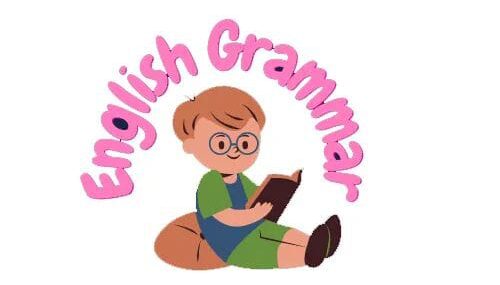Future indefinite tense II
This tense indicates future possibilities or upcoming time. Means an action will take place in future. Some time expressing adverbs are used to denote future actions:
Tomorrow, presently, soon, in a few moments, shortly and next + year/day/week/month etc.
he will meet me shortly.
she will come to India next month.
I will go to Chennai next week by flight.
She will join Continental company presently.
She will help the poor.
I will open an NGO next year.
They will shift to Mumbai soon.
I won’t help him in his work presently.
He won’t accept my proposal soon.
Note: Presently means; at present and soon.
Simple future is used to predict a future event:(Future indefinite tense II)
It will snow tomorrow.
It will hail the day after tomorrow.
He will come by next flight.
They will face the interview next week.
It is used to express willingness (Future indefinite tense II):
I will do bargaining there.
I will do the dishes.
I will do gardening.
She will take an IAS examination.
It is used to express unwillingness:
He won’t eat non-veg.
She won’t pay the bill.
He won’t go with her.
Mostly we use ‘will’ with “I think or I don’t think for predictions based on our personal opinion or knowledge
for examples:
I think she will get good marks.
I don’t think It will snow tonight.
Intentions
When we decide or arranged to do something in near future; in this condition, we use “be going to”
I think he knows about his career. He is mature and he is going to become a dancer.
